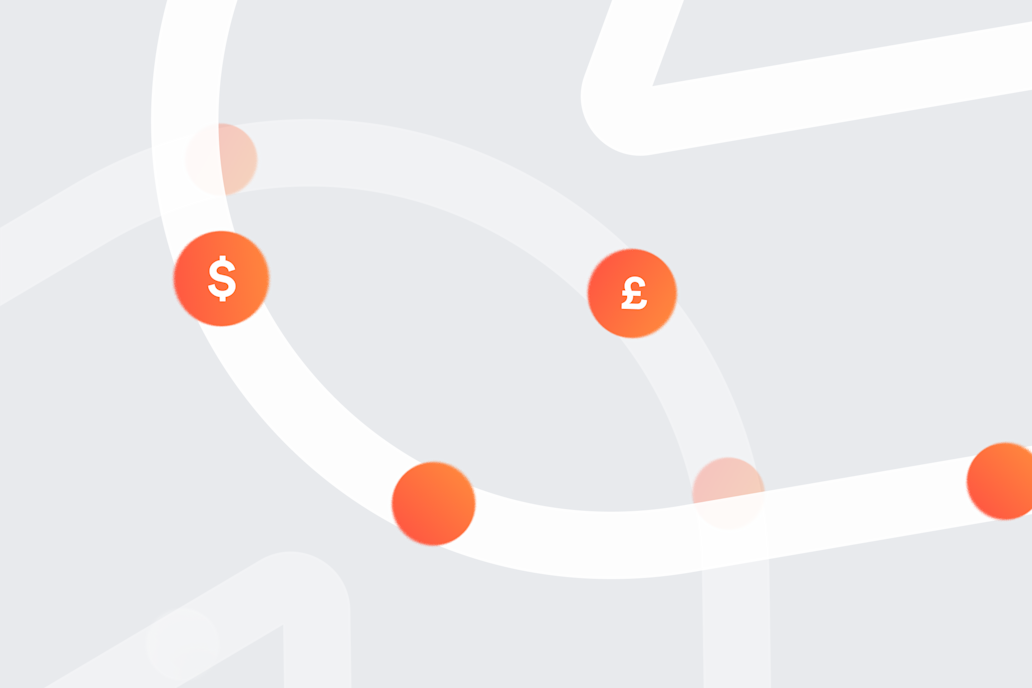Safeguarding your funds in Canada: What the RPAA means for you

Erin Lansdown
Business Finance Writer - AMER

The Retail Payments Activities Act (RPAA) officially took effect on September 8, 2025, strengthening financial protections for businesses nationwide.
What is “safeguarding” of funds?
The RPAA calls for safeguarding, which means:
Your funds are placed in designated trust accounts with regulated Canadian banks.
Those accounts are kept separate from Airwallex’s own funds.
Think of it like a safety deposit box in a bank vault: the vault may belong to us, but the contents inside belong entirely to you.
How safeguarding differs from CDIC insurance
At first glance, safeguarding and CDIC insurance may seem similar, but they protect against very different risks.
Safeguarding (under the RPAA) protects your funds if Airwallex were to fail.
CDIC protects your funds if a CDIC member bank fails.
The second difference is the coverage limit. CDIC insurance only covers up to $100,000 CAD per depositor, per insured category, per institution. Safeguarding does not impose a fixed dollar cap – if you had $500,000 CAD with Airwallex Canada, all of it is protected.
Which businesses are covered by the RPAA
In Canada, the RPAA applies to many types of Payment Service Providers (PSPs). Examples include businesses that:
Move money for customers, like payroll or SaaS subscription payments
Run marketplaces or platforms that handle buyer and seller transactions
Offer digital wallets or cross-border payment services (like Airwallex)
Simply put, if you work with a fintech company that manages payments, the RPAA affects you.
Who oversees the RPAA?
Parliament passed the RPAA in 2021 as Canada’s first legislative framework for retail payments. The Bank of Canada now oversees close to 1,500 payment service providers under the RPAA, including fintechs such as Airwallex, as well as platforms like PayPal, Toast, and Square. By bringing PSPs under a common federal framework, the RPAA enhances trust, safety, and competition across Canada’s payments ecosystem. While PSPs can be subject to multiple regulatory frameworks depending on the products and services they offer, the RPAA provides consistency nationwide.
How do PSPs comply with the RPAA?
To operate under the RPAA, payment service providers must:
Keep customer funds separate in a trust account
Have solid risk management and incident response plans in place
Regularly report to Canadian regulators and undergo audits
Demonstrate operational and financial stability
These requirements ensure that customer funds are safeguarded and that PSPs operate in a secure, transparent, and reliable manner.
Why the RPAA matters
In recent years, the rise of digital wallets, cross-border payments, and embedded payment solution providers has made clear rules around fund protection more important than ever.
The 2019 scandal and collapse of German PSP Wirecard, where billions in client funds vanished, served as a wake-up call, showing that even large providers can fail – and why laws like the RPAA are essential for protecting today’s businesses.
By creating clear rules, Canadian lawmakers provide a safe space for new and existing payment providers to innovate, without putting your funds at risk. The law also sets expectations for risk management and incident response, helping to prevent situations such as delayed payroll, missed supplier payments, or unexpected service interruptions that could impact your business.
Airwallex’s commitment to your security
At Airwallex, safeguarding isn’t a box we’re checking for compliance – it’s a practice we’ve been leading globally for years. Canadian businesses already enjoy the same protections that our customers in the UK, EU, and beyond trust and rely on. The RPAA has now codified this practice into law.
Our global security measures include:
Two-factor authentication and real-time monitoring for unusual activity
Advanced fraud detection and 24/7 security teams
Internationally recognised certifications like PCI DSS Level 1 and SOC2 Type II
This means:
Compliance is our baseline. Customer protection is our priority.
We’ve built systems and bank relationships to safeguard funds at scale.
Canadian businesses can trust that their money is actively defended daily.
In Canada, we also operate under strict oversight as a registered Money Services Business (MSB) with FINTRAC and Revenu Québec, ensuring compliance with all applicable laws and regulations.
Your funds, protected
The RPAA is a milestone for Canada’s payments industry. For businesses like yours, it means more explicit rules, stronger protections, and greater peace of mind. For Airwallex, safeguarding your funds is as important to us as it’s always been.
Frequently asked questions
If I hold funds with Airwallex, are they insured by CDIC?
Funds held with Airwallex may benefit from pass-through CDIC insurance when they are held at a CDIC Member Institution and the trust/beneficiary record-keeping requirements are met. CDIC insurance covers up to $100,000 CAD per depositor, per insured category, and only protects against failures of the CDIC Member Institution.
Separately, in the unlikely event of Airwallex's insolvency, safeguarding protects your funds from Airwallex’s creditors, with no cap on the amount safeguarded.
Where does Airwallex keep safeguarded funds?
Your funds are placed in designated RPAA-compliant trust accounts at regulated banks, kept separate from Airwallex’s own operating funds.
When will these protections apply?
With the RPAA now in effect (as of September 8, 2025), all Canadian customer funds with Airwallex will be safeguarded from the moment they are deposited.
View this article in another region:Canada - English

Erin Lansdown
Business Finance Writer - AMER
Erin is a business finance writer at Airwallex, where she creates content that helps businesses across the Americas navigate the complexities of finance and payments. With nearly a decade of experience in corporate communications and content strategy for B2B enterprises and developer-focused startups, Erin brings a deep understanding of the SaaS landscape. Through her focus on thought leadership and storytelling, she helps businesses address their financial challenges with clear and impactful content.
Publié dans :
Actualités Airwallex
